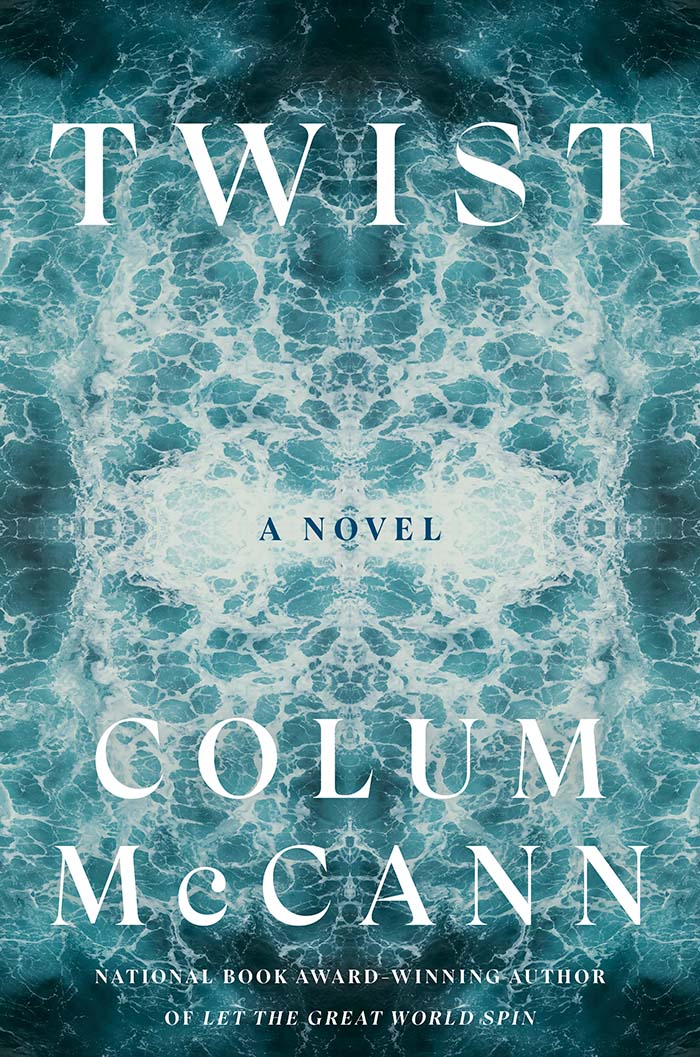
What Should I Read When Working on a Novel?
Let’s file this one under The Anxiety of Influence. What happens if I discover that someone is writing the same thing as me? What happens if I accidentally echo a line? What happens if I get thrown in the wrong direction? What happens if I over-reach? What happens if I fall out of a tree I haven’t climbed? It’s hard to say what you should be reading while you’re writing, but I will say this: At the start of a novel you should be reading as widely and voraciously as you can. The writing can go anywhere and you are likely to be inspired by whatever you read. You are preparing to migrate. Reading at this stage will only help the lift-off. Towards the middle of a project your reading should be more directed, more focused, more in the vein of research. You are the bird now, not the ornithologist. And towards the end of a novel you should thinking of turning your bookshelves around, throwing away the library key, fleeing the cage. At this stage you are pure flight, pure motion, pure wing. Your story has only one purpose – and that’s to find where it is that it will land. Towards the end you do not need any other writer whispering in your ear. You will intuit this landing space in the silence of your own head, and generally not by reading others. This is not to say that you won’t find inspiration elsewhere, but make sure the elsewhere is suitably distant. So, at this stage, read away from your discipline. The prose writers should try some poetry, and the poets should be seeping themselves in some prose. The playwright should try some journalism and the philosopher might find himself some joy in the limericks. Go, then, and finish your story. But what happens if you discover that someone seems to be writing the same story as you, or that it is already signed, sealed and delivered? Don’t worry. Seriously. No two stories are ever the same. None. None whatsoever. In fact the only one likely to know about this possible repetition is you. Osip Mandlestam often inserted the same stanza into different poems. Jim Harrison was never afraid of repeating himself: he knew he had honed the right words. Stories are not about plot, they are about language and rhythm and music and style. If you believe in your own story, and write it well, it will find its readers. Good work will endure. Just don’t make the mistake of becoming a pale carbon copy of someone else. Be careful when transcribing your notes. Try to make sure that the words are yours. But let’s not forget that our voice has come from somewhere else and nothing is ever truly unique. So if you are compared to another writer, blush, be thankful, and move on. If you make a mistake, and echoed a line, acknowledge it. No excuses. No stammering. It’s a big language but every now and then it’s going to repeat. As I said, the only thing that should surround a good line is another good line, or did I say that at all?
